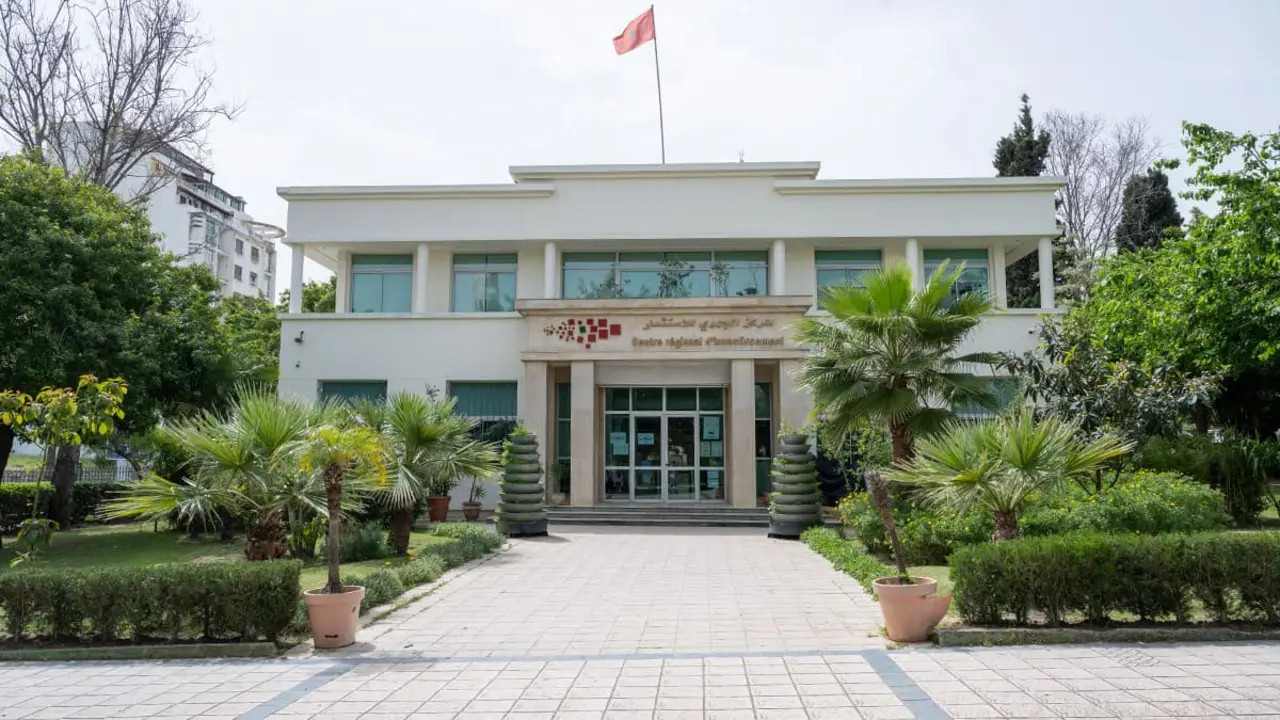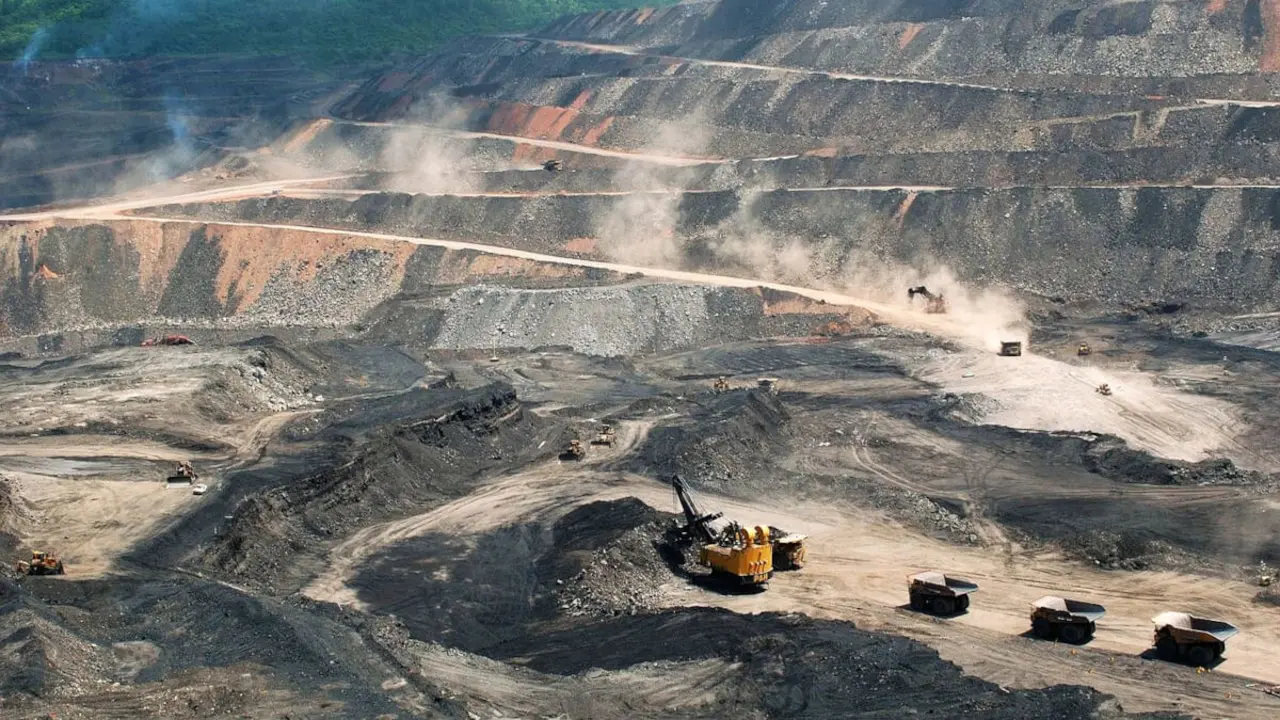Marruecos esquiva la inflación alimentaria

According to the latest World Bank (WB) report, Morocco's food CPI (Consumer Price Index) inflation is the second lowest of all North African countries.
The WB report indicated that only Tunisia, with a 9.9% rise in food CPI inflation in June 2022, surpassed (albeit downwards) Moroccan inflation on the same assets, which grew by 10.6% in the same month.

These data are of great value, since in "low and middle-income countries" people spend a large part of their income on food, so their population is more affected by this rise. Effects that Tunisia and Morocco, both considered low-income countries, have managed to alleviate for their populations.
When comparing Morocco with other North African countries, the World Bank report reflected record rises, such as that of Egypt, which in June this year recorded a 22.4 % increase in the CPI for foodstuffs.
Since the start of Russia's invasion of Ukraine, the CPI on food has been rising in the Kingdom: in February it rose by 5.5% to 9.1% in March, remained at 9.1% in April and even in May it fell to 8.4%.

There are still no WB records for July, but according to the Food and Agriculture Organisation (FAO), food inflation in Morocco fell to 8.6%.
Although unofficial, this fall is on the WB's radar, which claims that one of the main causes is the large reduction in the prices of vegetable oil (19.2%) and cereals (11.5%) in Morocco. Dairy products (2.5%), meat (3.8%) and sugar (0.5%) also saw their prices fall in July, although not by as large a percentage.








